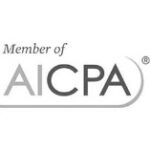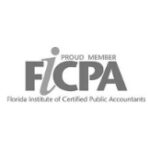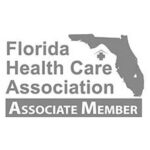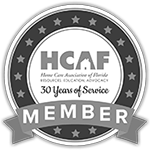Excellence in Employee Benefit Plan Auditing
“We Believe in being the Firm Coveted by Clients in the Markets We Serve and Employees Aspire to Work for.”
—Doug Walters
Our firm is dedicated to delivering top-tier audit services for employee benefit plans, with a commitment to excellence and client satisfaction. Contact Walters & Associates, CPAs for a no-obligation consultation to discuss your benefit plan’s audit requirements.
Employee Benefit Plan Audit FAQs
The audit process takes 6-8 weeks on average; however, this range is heavily influenced by response time. We’ve completed audits in as short as 3 weeks.
If you have received a notice from the Department of Labor due to an incomplete filing and need an audit as soon as possible, we will work diligently with you to get your audit completed as soon as possible without sacrificing quality.
- Flat fees with no hidden costs
- 100% Remote – No hassle or office disruption, and we’re licensed in most states.
- Timely – You won’t miss your regulatory deadline because of us.
- Expertise – We have devoted professionals who specialize in employee benefit plan audits.
- Quality – We don’t miss a beat. The Department of Labor has conducted audit quality studies that prove the lack of experience in the employee benefit plan audit space. The unfortunate part is that you can be penalized as a Plan Sponsor for engaging an inexperienced auditor; however, the fortunate part is if you engage us, you can rest assured that your plan audit is a quality audit.
- Solutions – If we identify any areas of non-compliance during the audit, we have solutions on how to correct them.
- Seamless – We will work directly with your plan’s service provider(s) so that you don’t have to be the middleman.
- We Deliver Legendary Service – It is a firm fundamental of ours and a promise to you. We are responsive, easy to reach, and we do the “little” things to go the extra mile.
- ERISA Section 103(a)(3)(C) Audit – Formerly called a limited scope audit, Plan management can choose to exclude from the audit certain investment information that is held and certified by a qualified institution (as long as an investment certification is available and the institution is qualified under Department of Labor rules and regulations). All other balances and transactions are subject to the same audit procedures as a non-Section 103(a)(3)(C) audit.
- Non-Section 103(a)(3)(C) Audit – Formerly called a full scope audit, this audit requires all the major account balances and transactions to be audited, including audit procedures over the investments.
- Eligibility
- Payroll and participant data
- Calculation of employee and employer contributions
- Deferral elections
- Participant accounts and allocation
- Participant loans, if applicable to your plan
- Benefit payments
- Timeliness of remittances of contributions
- Investment income allocation
- Rollovers
- Eligible compensation that is excluded from the calculation of participant and employer contributions.
- Untimely (and missed) remittances of participant contributions to the plan.
- The failure to update participant deferral elections, or changes to them, in the payroll system.
- Participants eligible to participate are not made aware of their eligibility or ineligible participants are participating in the plan.
- The failure to enroll automatically enrolled participants timely and the failure to auto-escalate participants.
- 401(k) plans
- 403(b) plans
- Pension Plans
- Profit-sharing plans
- Savings plans
- Employee Stock Ownership Plans (ESOPs)
- Health and welfare benefit plans
- SEC 11-k filings













